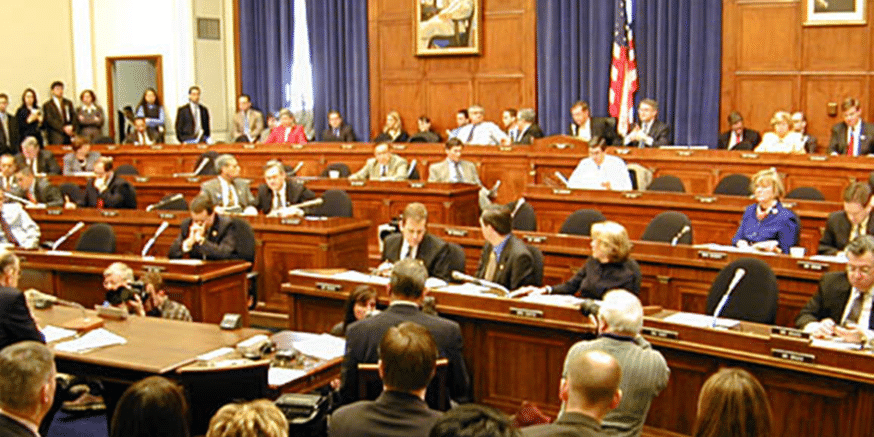
Bill Huizenga, a member of the House Financial Services Committee, recently stated that lawmakers should become more proactive in regulating the “muddied and fairly opaque” digital currency market, especially digital tokens trading and initial coin offerings (ICOs).
A contender to head the committee should his party retain control of the House, Huizenga said on Thursday that Congress should come up with a regulatory framework to protect crypto investors. The Commodity Futures Trading Commission (CFTC), which is tasked with regulating the options and futures market, and the Securities and Exchange Commission (SEC), would get powers to oversee the process. He said this during an interview at his Capitol Hill office.
However, the main challenge lies in classifying cryptocurrencies. This classification will have a significant impact on how they are going to be regulated.
Classifying them as a currency would subject them to a different set of rules than categorizing them as a stock. Their tax filings would be done differently, for example, and different entities would be allowed to trade in crypto.
However, cryptocurrencies’ multifaceted and decentralized nature makes them hard to regulate. This development comes in the wake of a growing number of hacks and scam ICOs backed by little more than rhetoric, leading to substantial losses among investors.
Consequently, lawmakers on both sides of the divide are pushing for greater transparency within the industry, a move that would see major investments come in. Transparency would also give digital currencies greater legitimacy.
Huizenga, who heads the Financial Services capital markets subcommittee, said that he will address this issue next year if he is appointed the chairman. He and other lawmakers will be contesting for a shot at heading the panel, which oversees the U.S. banking and financial sector.
The news coincides with a major development within the crypto and capital markets scene in the form of a Winklevoss Bitcoin Trust, Bitcoin Exchange-Traded Fund (ETF) proposal rejection by SEC.
According to SEC, the application filed by Bats BZX Exchange, Inc. (BZX) proposing to trade Winklevoss Bitcoin Trust shares was rejected due to the lack of sufficient evidence proving that bitcoin and its market is resistant to manipulation.
The SEC also found the traditional fraud measures outlined in the proposal were not enough to support an affirmative conclusion.
According to the commission, the proposal failed to share information related to surveillance-sharing agreements between BZX and a significant regulated market that deals with bitcoin. These measures are to prevent fraud and price manipulation.
Had it been approved, the ETF would have been the first of its kind in American history.
SEC Commissioner Supports Digital Currency ETF
Following the SEC rejection, SEC Commissioner Hester Pierce published a statement of dissent in regard to the ruling. He termed it as stifling to progress in the cryptocurrency market, which needs more regulated industry players to achieve wider acceptance and growth.
In his view, BZX should have been allowed to proceed with the ETF, adding that the commission’s focus was not on the shares when considering the fraud deterrent measures, but on the bitcoin market itself.
He argued that the SEC move would subsequently deter innovation in the nascent industry.
This article by ELIZABETH GAIL was originally published at "CoinCentral.com: https://coincentral.com/lawmaker-pushes-for-digital-currency-regulations/
No comments:
Post a Comment